Leather interior
Car leather exists since there are vehicles with engines. There was a direct transition from leather-coach goats to seat cushions of motorized vehicles.
Vintage car from before the war
At the beginning the covers were vegetable tanned leather without surface coloration, which were made water repellent with oils and greases like saddles.
But very soon, the leather got a protective colour layer (pigmentation). This surface coloration made the leather more resistant to humidity and soil. Until the 70s to the 80s this kind of leather was standard. Such leather can be recognized by the brown backside of the leather. The leather was not dyed through and slightly firmer.
In this time the only to the public known car leather brand was known. It was the company Connolly, which was a hallmark of high quality vegetable tanned car leather.
Vintage car with metallic leather. - Vintage car with leather patina.
From this period, the chrome tanning was viable industrial processes displaced very quickly the vegetable-tanned leather. Today there are no vehicles of the major manufacturers with vegetable tanned leather any more. However, there are manufacturers such as Audi, Volkswagen and Porsche who prefer the synthetic tanning instead of chrome tanning. The difference to chrome tanned leather is not easily recognizable even for experts.
If a vehicle interior is completely covered with leather, it is called a full leather trim. But leather can be combined with lots of other materials. Typical are Alcantara - leather combinations and combinations of leather and imitation leather.
Always check when you buy a car. It happens more often that customers purchase a leather interior in good faith. But even with the luxury brands, the proportion of surfaces that are processed with synthetic leather are steadily increasing. As they are optically identical with the leather surfaces, the customer doesen`t notice it immediately. Who expects a noble leather interior, should always ask exactly when buying the car, if headrests, rear bench seats, exterior surfaces and backs of the seats and door panels are really made of leather. Often even the sales personnel doesn't know which surface is covered with which material.
Also more and more car interior surfaces are processed with Split leather. Since even the expensive vehicles are now often partly processed with artificial leather or split leather, customers should always ask and when uncertainties remain, let confirm in the purchase contract, which materials are processed. Many buyers would be surprised how little surfaces of the "Leather Interior" are actually covered with high quality grain leather.
The car industry checks the quality of their leather very strict. There are an infinite number of parameters to be fulfilled by a modern automotive leather. Each manufacturer has his own testing standards.
Typical parameters of the tests: light fastness, rub fastness (dry / wet / alkaline), bending fatigue behavior, colour adhesion, tear strength, vapor permeability, flammability, hydrolysis, haptic, climate change test, gloss degree, soiling, smell, squeak behavior and fogging.
Because of this rigorous testing standards car leather are very uniform. It is almost always single colour, surface-coloured smooth leather. This insensitivity affect the haptic.
The best overview of the various leather colors of the different manufacturers can be found at LEDERZENTRUM.
Even though most car leather are very uniform, there are some exceptions of some manufacturers. Below you can see these features. The following description is not complete! You are welcome to send us pictures and information.
Contents
- 1 Alfa Romeo
- 2 Audi
- 3 Bentley
- 4 BMW
- 5 Bugatti
- 6 Cadillac
- 7 Chevrolet
- 8 Chrysler
- 9 Citroën
- 10 Ferrari
- 11 Ford
- 12 Horch
- 13 Irmscher
- 14 Lamborghini
- 15 Lancia
- 16 Mercedes
- 17 Opel
- 18 Porsche
- 19 Rolls-Royce
- 20 Volkswagen
- 21 Volvo
- 22 Wiesmann
- 23 Videos about cleaning, repair of signs of wear and cracks and leather care car leather
- 24 Oldtimer-Messen
- 25 Anleitungen zur Reinigung, Reparatur und Pflege von Autoleder
- 26 Weitere Informationen
Alfa Romeo
The changing times at Alfa Romeo. But always in "rosso".
old Alfa - new Alfa
Audi
Today's leather at Audi is free of Chrome, synthetic tanned and finished free of solvents. The same applies for the current leather of Volkswagen and Porsche.
Audi offers different types of leather: Buffalino, Chricket, Kodiak, Milano, Napa Leather, Fine Napa, Pearl Napa, Silk Napa, Valcona, Velvet, Vienna, Volterra.
The open pore aniline leather of the RS6 is a rare exception. Open pore leather is very sensitive and therefore rarely processed in cars.
Picture 1: Audi Classic Line with color contrasting piping. - Picture 2: Audi Coupé from 1981
Picture 3: Audi RS6 with aniline leather - Picture 4: Audi TT from 2007
Bentley
Very old Bentley with leather straps.
Bentley from 1938.
Bentley S 1 from 1958.
Bentley Continental from 1997. Import from USA to Europe.
Bentley Continental T Widebody from 1997.
Bentley Azure from 2000 with embroideryi and creases.
BMW
BMWs types of leather: Bison (embossed, not same as Buffalo Leather from BMW), BMW Buffalo Leather (real Buffalo Leather, originally open pore, later with [[Finish|pigmented leather finish], Cinghalino ((embossed pig skin optics), Dakota (embossed), Kansas, Lavalina (Alpina), Merino, Montana (embossed), Monza, BMW Napa, Nasca (embossed), Nevada, Novillo, Oregon, Pearl, Walknappa napa.
BMW is the brand with the most diverse embossments.
Cow hide grain texture "Bison", "Dakota", "Kansas", "Klassik", "Merino", "Montana", "Nappa", "Nasca", "High Leather"
Exotic embossing with the designations "Chameleon", "Cinghalino", "Cobra", "Mosaico", "Oregon", "Pablo", "Exclusive" (name of last one unknown)
BMW buffalo leather. Typical is fading and sensitivity to staining. In the last picture is a pigmented buffalo leather.
BMW buffalo leather in a M6 635 CSI from 1985.
Z1 seat with nubuck and smooth leather "Camouflage" (Tarnfarben) and one color.
Another special feature: A cover of a mix of fabric strips and leather strips. The gray cover comes from an E30 Convertible from 1991.
BMW-E3 from 1975 - old BMW - BMW E46 Leather Individual - BMW E38 from 2001
BMW Alpina - BMW M5 from 1999 - BMW Z3
BMW E28 M5 from 1986 with a full leather trim. Even the roof lining is made of nubuck.
Bugatti
A Bugatti was always extravagant, whether ancient or modern.
Bugatti 38 Tourer from 1927, curiously with synthetic leather with ostrich leather embossing.
The Bugatti Type 46 Coupé Superprofilée is also called “La Petite Royale”. Real ostrich leather and walnut wood.
The Bugatti Veyron costs more than € 1 million, whether with nappa leather or in combination with nubuck and aniline leather (right).
Cadillac
Typically America. Playful, generous padding.
Picture 1: Cadillac Fleetwood from 1963. - Picture 2: Cadillac from 1972 with slightly two-tone leather. - Picture 3: Cadillac Eldorado with plenty of patina.
Chevrolet
The seats of the Corvette of Chevrolet are like so many in American cushions upholstered with imitation leather.
Left: Chevrolet Caprice Coupe from 1979. - Right: Corvette C1 from 1959.
Chrysler
America is more colorful.
Chrysler 300 from 1966 with a shining metallic leather.
Citroën
Citroën also has its own creations.
Picture 1: Citroën CX Prestige Turbo 2 from 1988. - Picture 2: Citroën CX (year of construction is unknown).
Picture 1 to 3: Citroën DS from 1968. - Picture 4: Citroën DS from 1972.
The Citroën DS often has two-tone brown leather. It's comparable with the "Nature Antique" or "cognac two-tone" from Mercedes. The background of the leather has a lighter medium brown, and in the foreground are reddish brown dots. Often one notices this only upon a closer inspection. Making color corrections and repairs of this leather these characteristics must be considered.
Two-tone leather in the DS.
Left: Citroën DS 21 Décapotable from 1966. - Right: Same model with the characteristic steering wheel.
Ferrari
Other countries - other seats. The Italian style.
embroidered leather.
The ribs in the seats is the style element of Daytona seats from Ferrari. These existed in various versions. The red seats belong to a Ferrari California from 2013.
Left: Ferrari leather seats. - Right: Ferrari Mondial.
Ferrari FF with Semi-aniline leather.
Ferrari F142 from 2012.
Ferrari F430 F1 from 2008 with unusual seam decoration (from www.motion-drive-vermietung.de car rental).
Ferrari F430 F1 from 2006 with Daytona seats (from www.motion-drive-vermietung.de car rental).
Ford
The Ford Mustang in the typical synthetic leather look of the USA with embossing.
Imitation leather with embossing
Horch
The leather in the Horch is noble. Colourful piping and logo embroidery.
Embroidery and colourful piping.
Irmscher
Irmscher with diamond stitching.
Diamond stitching as a design element.
Lamborghini
A colourful Lamborghini Espada from 1970.
Lamborghini Jalpa 350 from 1981 to 1988. - Blue seats with red piping.
Lamborghini Countach 5000 QV.
A beautiful Lamborghini Gallardo Nera from Motion Drive from 2008 (Motion Drive Car Rental.
Lancia
One of the most beautiful ever seen leatherwork: Braided leather in a Lancia Astura 4th Series Pinin Farina convertible from 1939.
A design artwork: Braided leather.
Mercedes
Mercedes has a very long tradition in leather upholstery. The leather Mercedes is regarded as high quality and durable. All details can not be shown. But every classic car collector who has the Mercedes brand with an eye, knows the fambous embossing from Mercedes called Mercedes Basketweave.
In vehicles of Mercedes the following types of leather are processed: Classic, Catania, Designo (special equipment, one or more colors, mostly strikingly colored), Lugano, Monza or Nappa.
Picture 1: Mercedes Basketweave is embossed. - Picture 2: Mercedes SL129 from 1995 with an unusual perforation.
The Mercedes 300 SL Gullwing was originally a car with fabric seats. But most of the vehicle seats were changed to leather. Striking are the wide, leather-covered door sills.
Popular among classic car collectors and priceless: The gullwing - original with fabric seats.
The Mercedes Maybach has interior versions, where the dashboard and panels are covered with nubuck. Otherwise this type of leather is only been used in the Z1 from BMW. Nubuck is a sensitive leather and therefore rare in cars.
Picture 1: Nubuck dashbord in a Maybach (key area). - Picture 2: Nubuck also the at the glove compartment.
Mercedes also has a tradition in artificial leather. The MB-Tex (now Artico) has a good reputation and has been proven to be robust in taxis for generations.
The interior version "Twin" from Mercedes is a combination of real leather and imitation leather. Often in the front seats are the seat and backrest areas made of leather, but the flanks and the rear seats completely made of synthetic leather. This trim level is cheaper than full leather.
Mercedes 280 SL Pagode from 1969 with seats made of synthetic leather MB-Tex, offered on the classic car show in Essen in 2014 for 84,900 €.
Picture 1: Mercedes-300-SL-R-107-1988 with MB-TEX interior. - Picture 2: Mercedes Artiko - imitation leather interior.
A special series of Mercedes had a particular pattern in the coloring. This variant is rare.
Picture 1: Mercedes E500 Limited with an unusual design. - Picture 2: Also available in gray.
The so-called "cognac 2-tone" or "nature-antique". Typical are the red dots that fade with time.
The two-color effect is clearly visible.
The reddish points disappear over the years.
The later copies are not identical to the original and are available in various versions.
The connoisseurs of historic vehicles immediately detect it: Braided Mercedes leather grab handle.
Mercedes with patina and charm.
Mercedes Ponton - The British living room.
Mercedes 300D Adenauer from 1958 with lots of charm and a beautiful patina.
The Mercedes-Benz 600 (W 100) was a representational vehicle in the 1960s and 1970s. The seats are beautifully soft and comfortable.
Mercedes modern.
Picture 1: Mercedes SLK from 2000 - Picture 2: Mercedes SLK - Picture 3: Mercedes SLK 230 from 1999
Opel
The Opel is not quite as flashy:
Picture 1: Opel Omega A 3000 from 1988 - Picture 2: Opel Calibra from 1994
Porsche
Porsche is known for sporty leather interiors. For a Porsche 911 about 5 hides are processed. In the Porsche Carrera about 3/4 of the interior is leather, in the less expensive Boxster about 1/3.
Porsche 356 Speedster from the 50s.
Picutre 1: Porsche Carrera 4 from 2000. - Picture 2: Porsche 964. - Picture 3: Porsche Convertible.
Picutures 1 - 3: Special model with metallic leather and embroidery. - Picture 3: A combination of different metallic leather.
Leather strap closure for bonnet.
Rolls-Royce
Rolls-Royce, the living room in leather.
Rolls Royce Corniche (red, from 1983) with contrasting piping.
Rolls-Royce Silver-Shadow from 1969.
Ancient Rolls-Royce with logo - embossing.
Volkswagen
VW with colorful golf tournament.
Picture 1: Golf I cabriolet. - Picture 2: Golf from 1997. - Picture 3: Golf "Aigner. - Picture 4: Golf. - Picture 5: Golf III GTI Color Concept. - Picture 6: Golf V R32. - Picture 7: Golf IV with Recaro full leather trim.
The Touareg "Individual": The Individual interior of the Touareg is a mix of pigmented and semi-aniline leather.
70 thousand kilometers on the odometer and still very nice condition, because of good care.
The original Beetle was mostly in fabric or leather. Many lovers of this widespread vintage car upgrade to leather.
collector Beetle with leather interior with contrasting piping.
Volvo
Volvo with its own design.
Volvo Coupe Bertone from 1991.
Wiesmann
Wiesmann in perfect design.
Phenomenal aniline leather interior. - Wiesmann logo.
Videos about cleaning, repair of signs of wear and cracks and leather care car leather
Die Lederreinigung, Farbauffrischung und Leather care bei Autoledern
Die Rissreparatur und die Behandlung alter und verhärteter Leder bei Oldtimern
Oldtimer-Messen
Oldtimermessen: Techno-Classica Essen 2011 und Classic Auto Madrid Spanien 2011
Anleitungen zur Reinigung, Reparatur und Pflege von Autoleder
- Die Reinigung und Pflege von unbeschädigten Autoledern
- Die Reparatur von Farbschäden bei Autoledern
- Der Umgang mit gebrauchten Lenkrädern
- Die Reparatur von Rissen und Löchern in Glattleder
- Raue Flächen und Bruchbereiche durch Alterung
- Abfärbungen von Jeansstoffen auf Glattleder
- Pflegehinweise für Alcantara
- Der richtige Glanz bei Autoledern
- Reifenabdrücke auf Fahrzeugledern
- Die Behandlung von schimmeligen Ledern
- Pflege und Reinigung von Kunststoffen und Kunstledern
- Die Handhabung von Büffelledern (BMW)
- Beulen und Falten im Leder
- Ein- und Umfärben von Glatt- und Kunstledern durch „Profis"
- Die Behandlung von verhärteten und geschrumpften Ledern
- Besonderheiten beim Mercedes "Cognac Zweiton"-Leder
Weitere Informationen
- Oldtimer
- Volllederausstattung
- Lederlenkrad
- Armaturenbrett mit Leder bezogen
- Persenning
- Cool-Leder, SRT-Leder (SunReflective Technology)
- Grundregeln im Umgang mit Fahrzeugledern







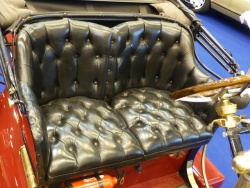
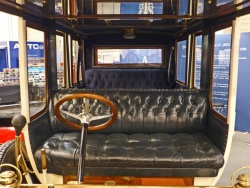

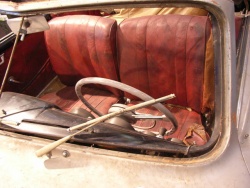

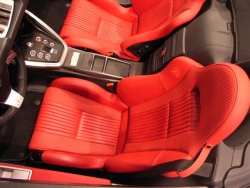
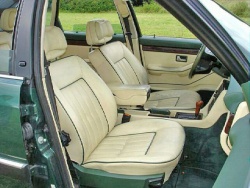
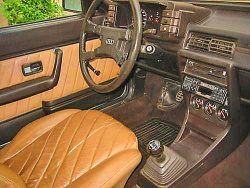
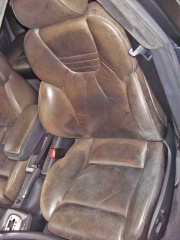
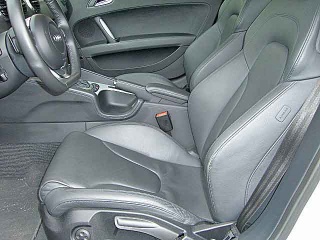

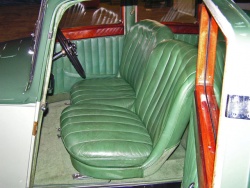
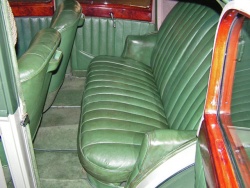
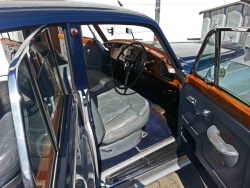
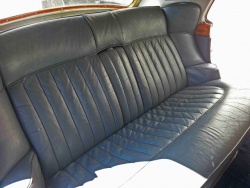
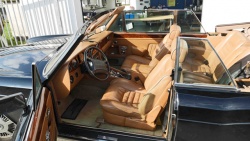
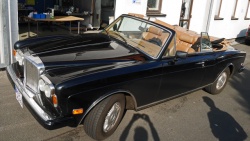
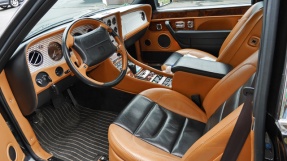
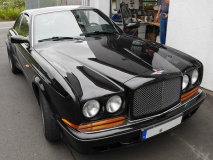
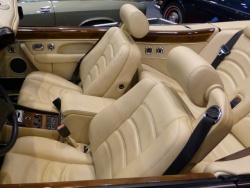
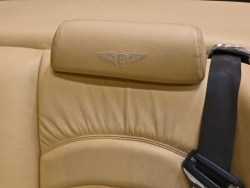
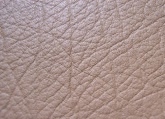
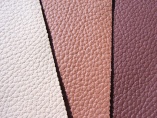
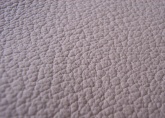
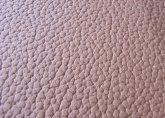
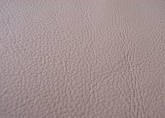
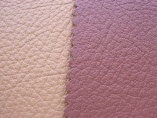
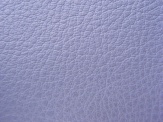
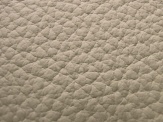
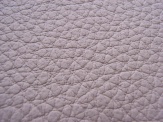
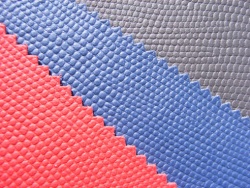
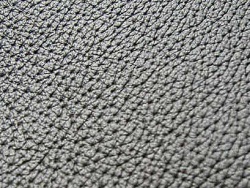
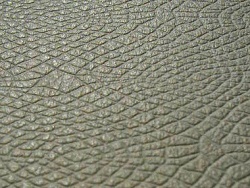
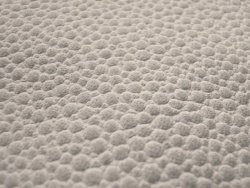
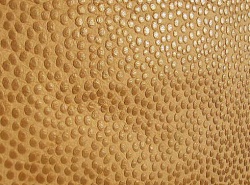
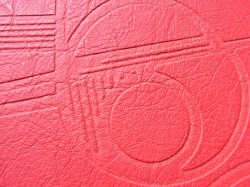
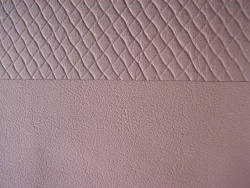
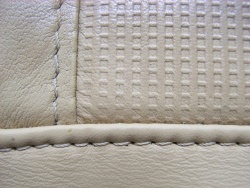
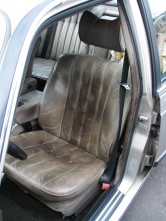
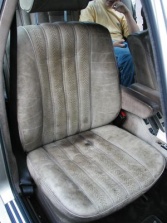
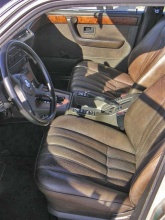
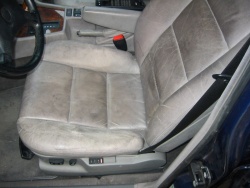
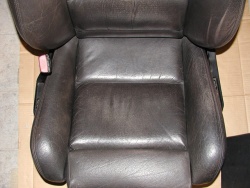
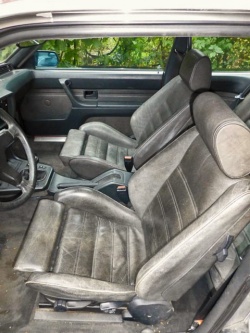
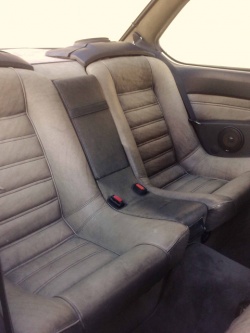
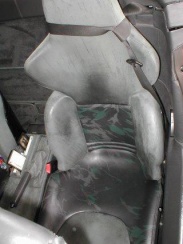
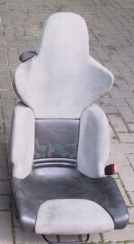
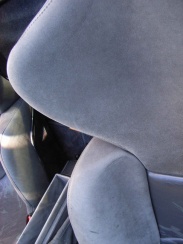
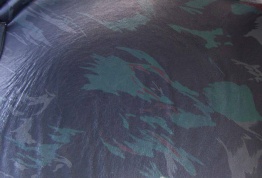
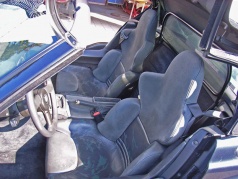


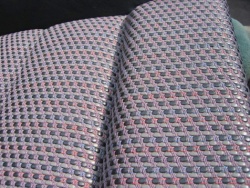
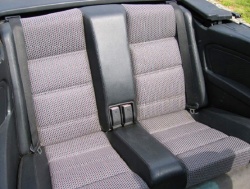
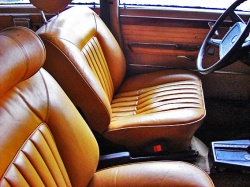
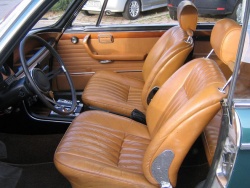
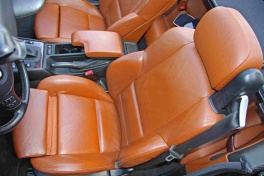
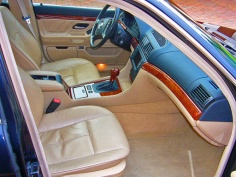
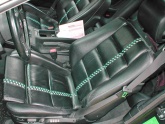
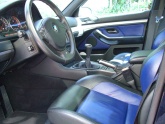
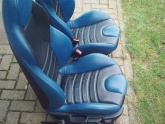
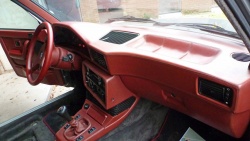
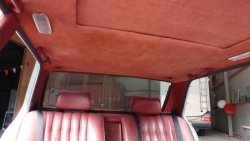
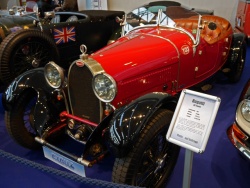
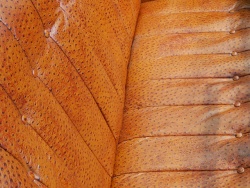
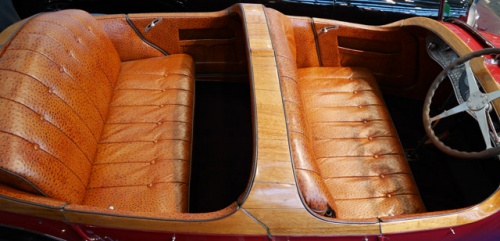
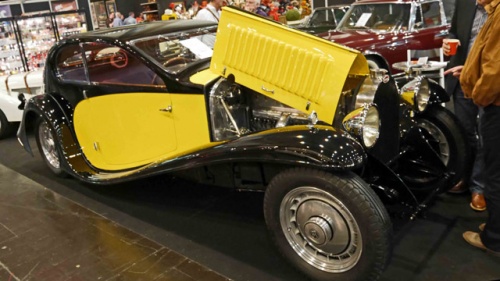

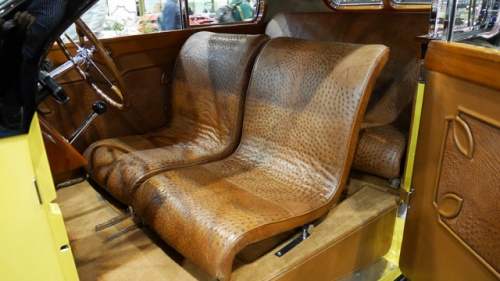
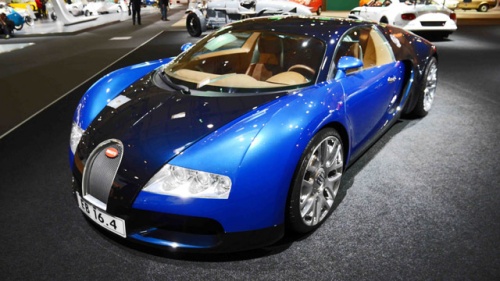
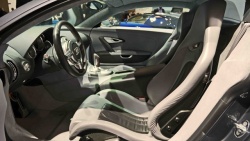
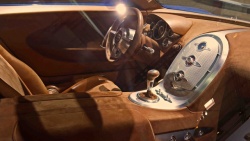
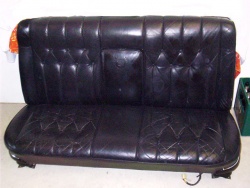
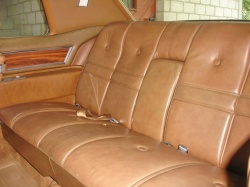
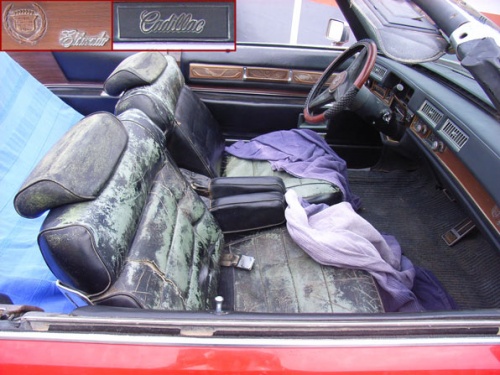
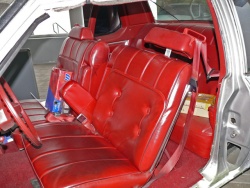
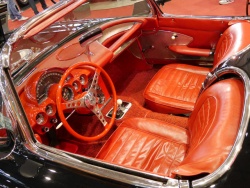


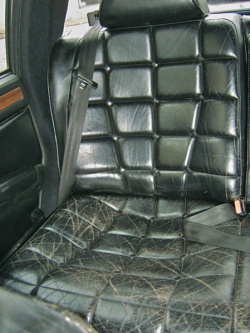
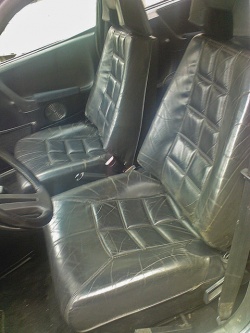
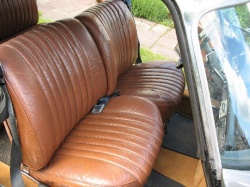
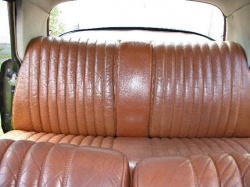
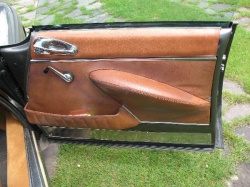
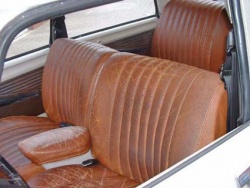

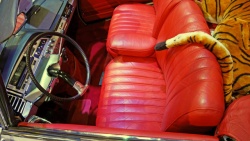
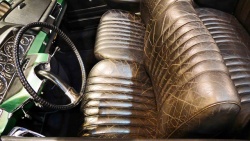
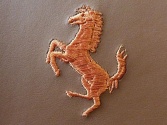
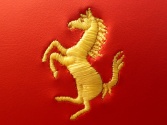
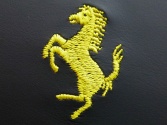
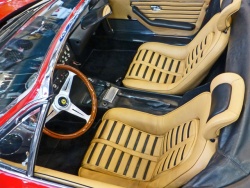
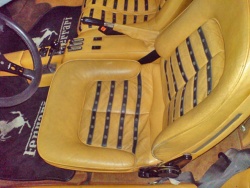
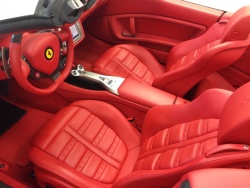
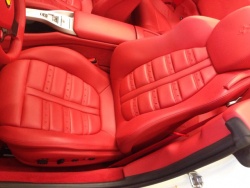
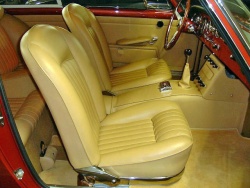
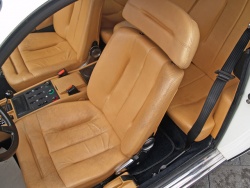
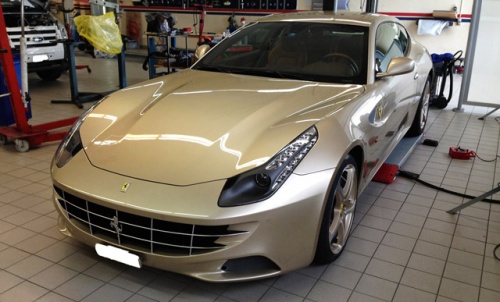
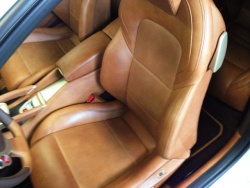
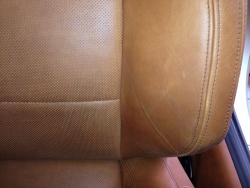
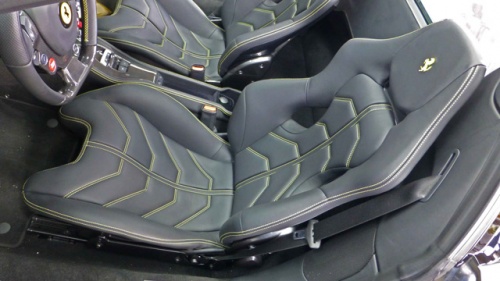
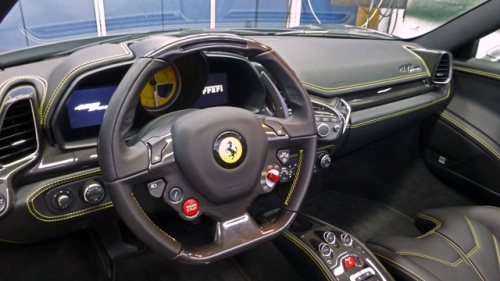
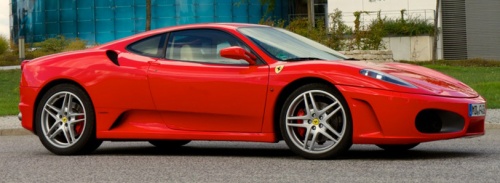
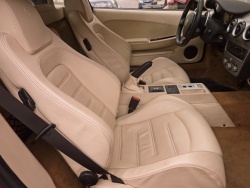
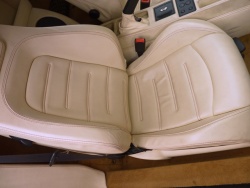
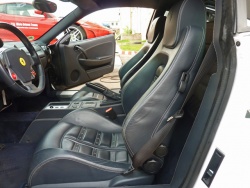
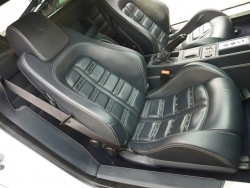
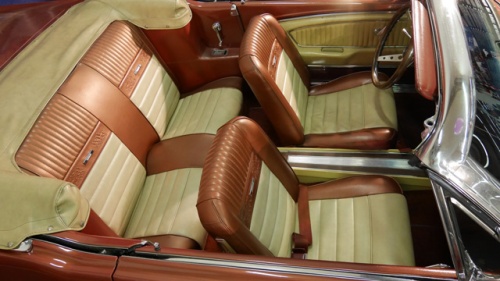
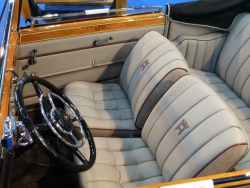
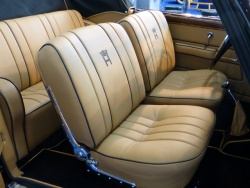
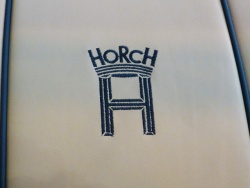
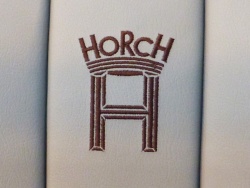
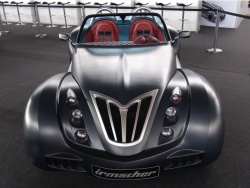
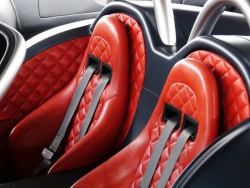
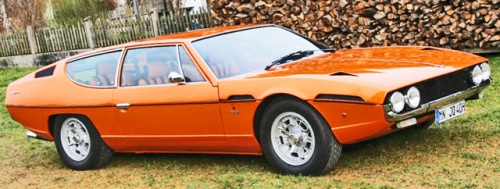
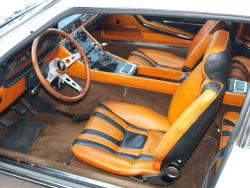
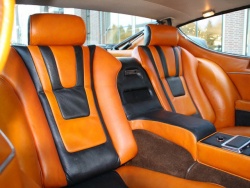
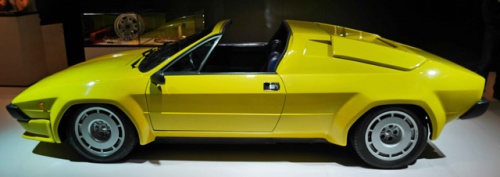
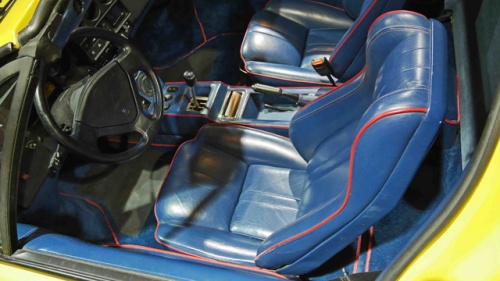
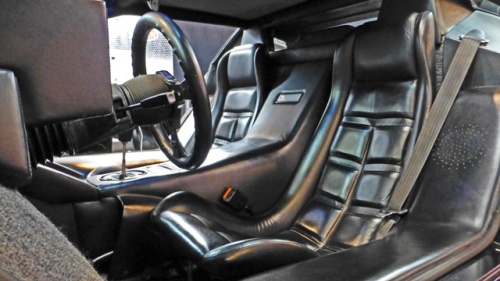

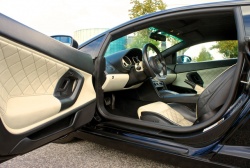
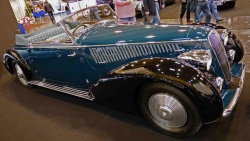
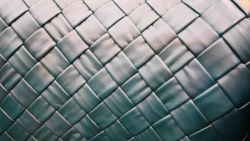
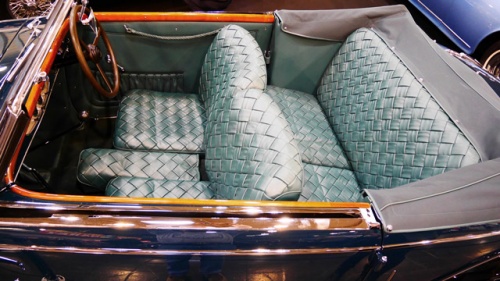
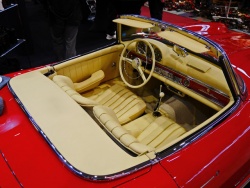
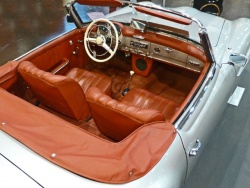
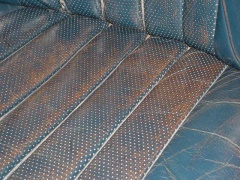
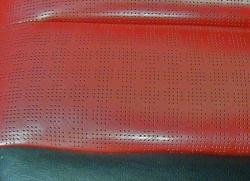
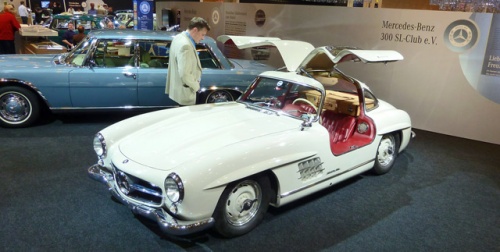
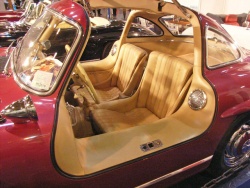
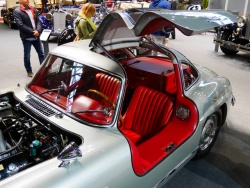
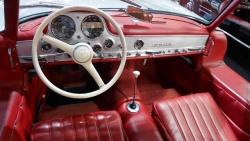
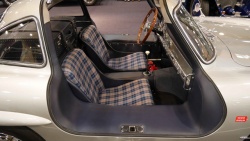
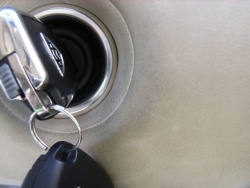
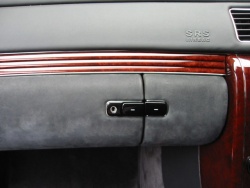
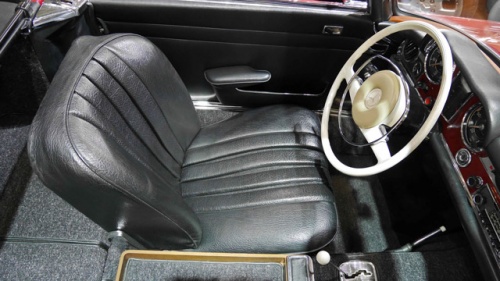
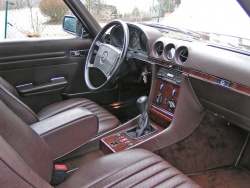
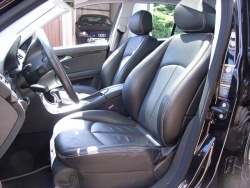

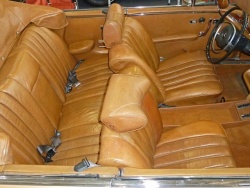
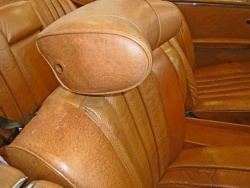
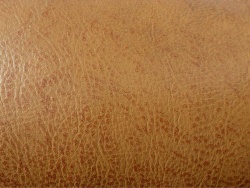
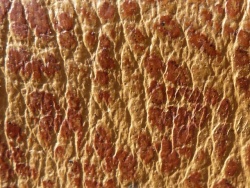
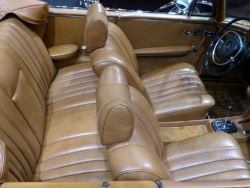
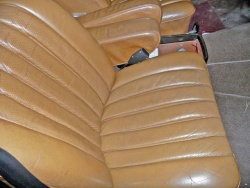
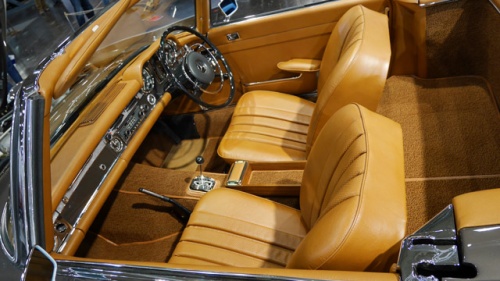
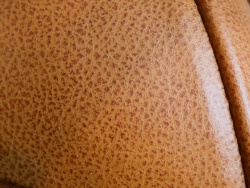
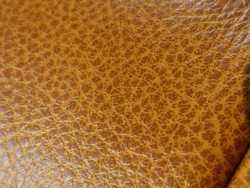



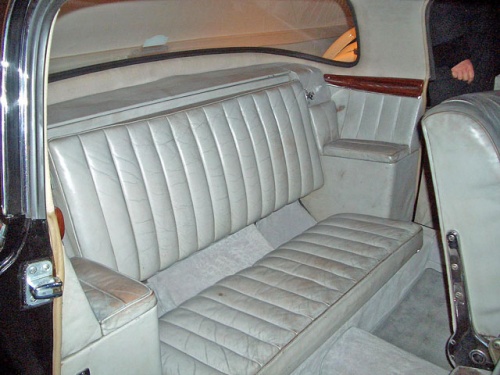
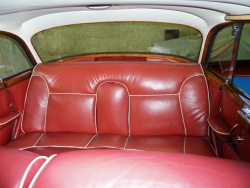
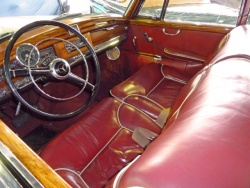
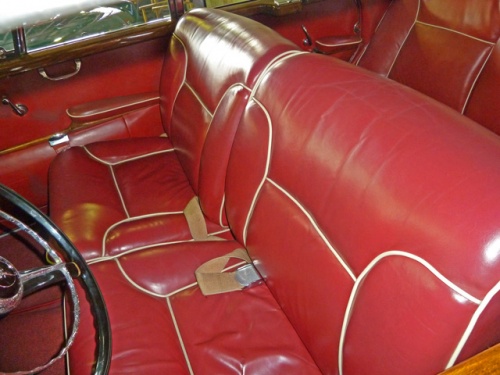
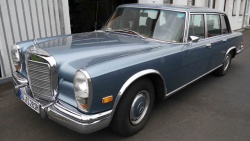
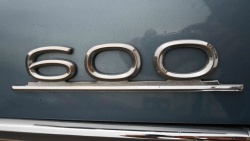
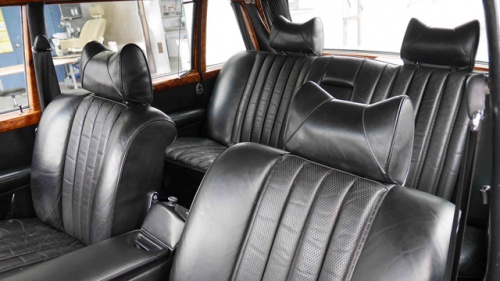
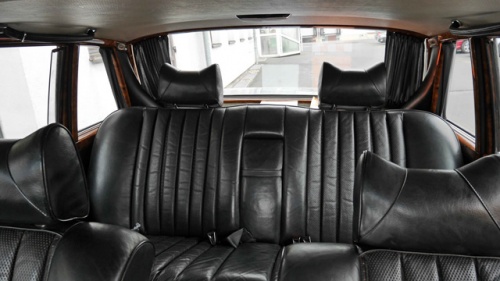
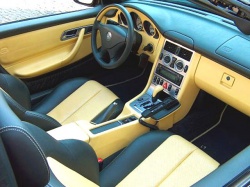
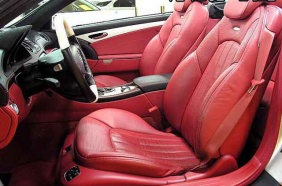
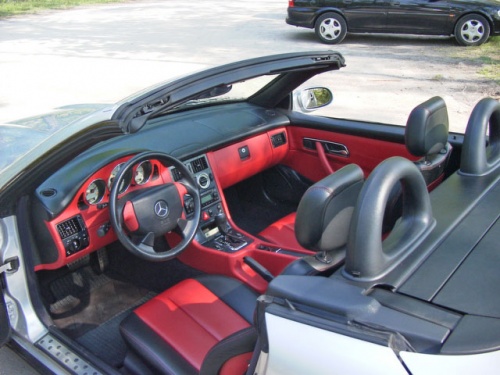
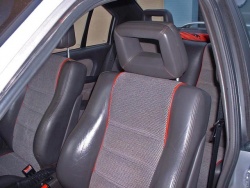
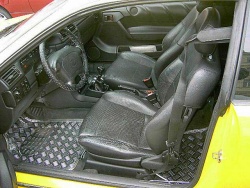
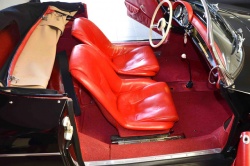
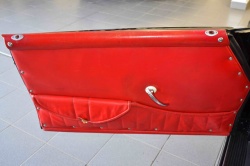
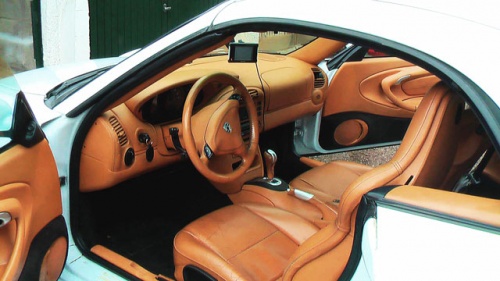
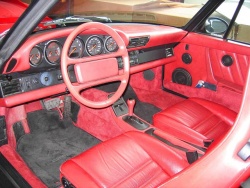
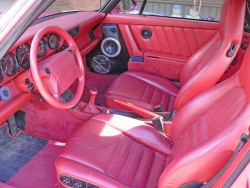
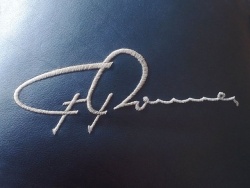
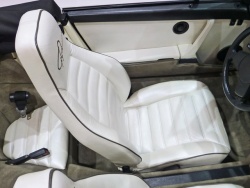
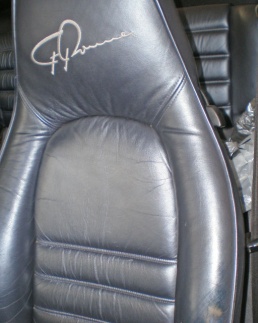
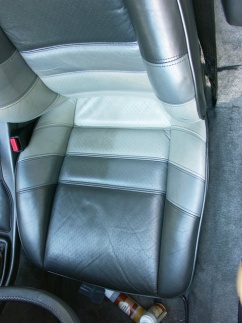
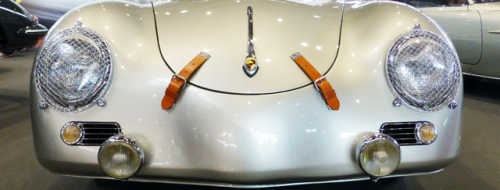
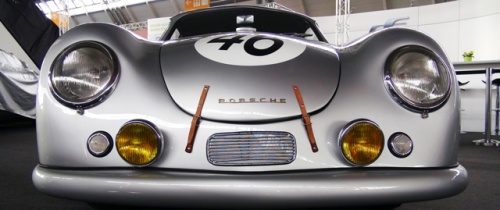
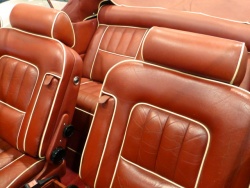
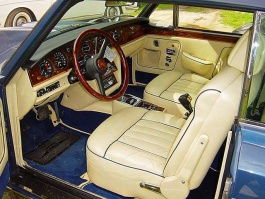
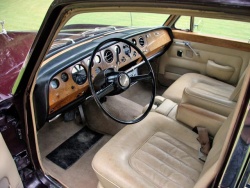
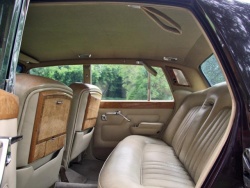
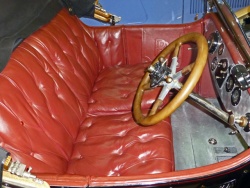
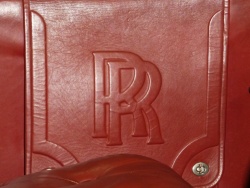
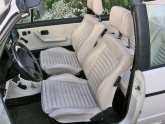
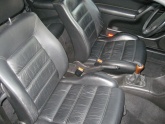
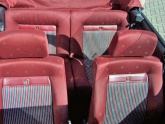
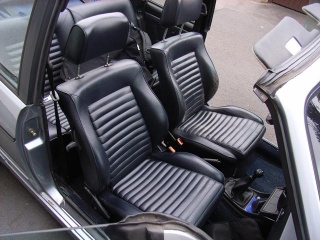
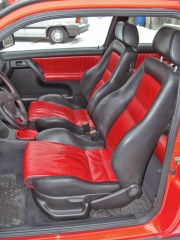
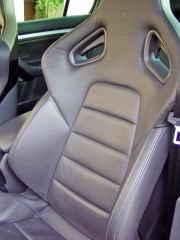
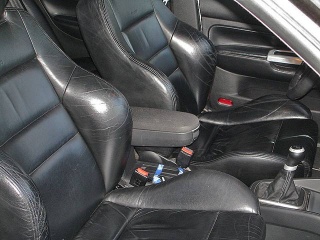
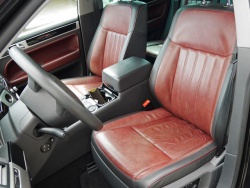
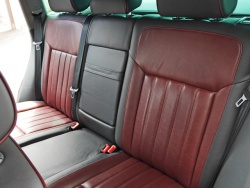
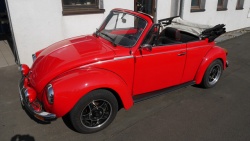
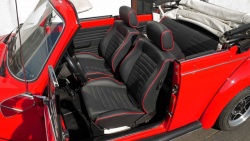
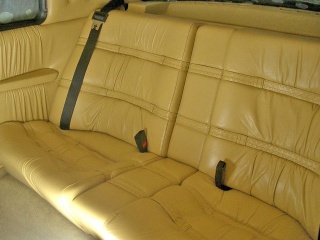
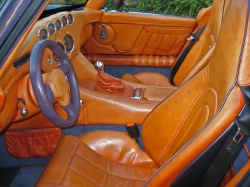
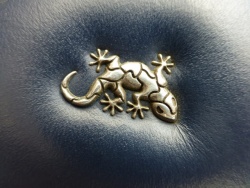
 a kotori web solution
a kotori web solution